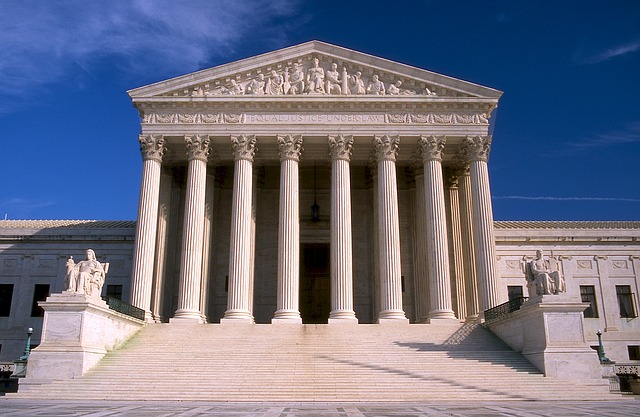
A dream shared by states and local governments nationwide may be realized shortly in Colorado. Use tax collection on Internet purchases in the state may increase.
The Tenth Circuit held that a Colorado law requiring remote sellers to inform Colorado purchasers annually of their purchases and send the same information to the Colorado Department of Revenue is constitutional.
In Quill Corp. v. North Dakota, decided in 1992, the Supreme Court held that states cannot require retailers with no in-state physical presence to collect use tax. To improve tax collection, in 2010 the Colorado legislature began requiring remote sellers to inform Colorado purchasers annually of their purchases and send the same information to the Colorado Department of Revenue. The Direct Marketing Association (DMA) sued Colorado in federal court claiming the law was unconstitutional under Quill.
In Direct Marketing Association v. Brohl, the Tenth Circuit disagreed, concluding that Quill “applies narrowly to sales and use tax collection.” The Tenth Circuit noted that neither the Supreme Court nor the Tenth Circuit has extended Quill “beyond the realm of sales and use tax collection.” The Tenth Circuit further concluded the Colorado law doesn’t discriminate against interstate commerce because DMA was unable to point to any evidence that the notice and reporting requirements imposed on out-of-state retailers are more burdensome than the sales tax collection and administration requirements imposed on in-state retailers.
In March 2015 the Supreme Court held unanimously that the Tax Injunction Act does did not bar the Tenth Circuit from deciding this case. The State and Local Legal Center (SLLC) filed an amicus brief that discusses the devastating impact Quill has had on state and local governments in light of the rise of Internet purchases, Congress’s failure to pass the Marketplace Fairness Act, and states’ need to improve use tax collection through statutes like Colorado’s. Justice Kennedy wrote a concurring opinion that appeared to rely on the SLLC’s brief, stating that the “legal system should find an appropriate case for this Court to reexamine Quill.”
The SLLC filed an amicus brief in Tenth Circuit making the same policy arguments that it made in the Supreme Court. The brief also argued that Quill does not apply to the Colorado law and that the notice and reporting requirements aren’t discriminatory.
The Tenth Circuit began its opinion by noting the difficulty states and local governments face collecting use tax in an e-commerce economy. The opinion cited the SLLC brief, which provided an estimate of the very low rate of use tax compliance, and quoted Justice Kennedy’s recent criticism of Quill.
At least three other states have similar notice and reporting requirements (Oklahoma, South Dakota, and Vermont).
All of the “Big Seven” members of the SLLC joined the amicus brief as did SLLC associate members the International Municipal Lawyers Association and the Government Finances Officers Association.
The SLLC generally only files amicus briefs in U.S. Supreme Court merits cases affecting state and local government. The SLLC made an exception and filed an amicus brief in the Tenth Circuit because of the importance of this issue to SLLC members.
New, Reduced Membership Dues
A new, reduced dues rate is available for CAOs/ACAOs, along with additional discounts for those in smaller communities, has been implemented. Learn more and be sure to join or renew today!
